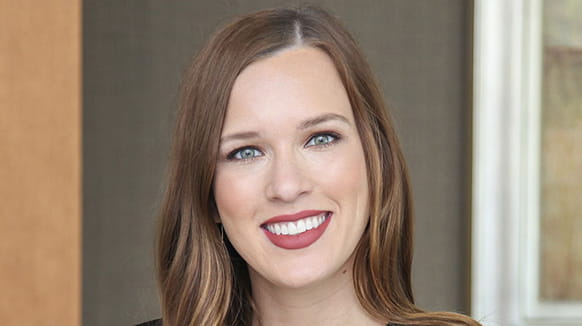The FDA issued immediately-in-effect guidance to accelerate the development of certain laboratory tests for the urgent need caused by SARS-CoV-2. The FDA provides recommendations, among others, for serological tests, puts forth a policy for states to take responsibility for tests, and announces enforcement discretion for commercial manufacturers using new commercially developed tests prior to the FDA granting an emergency use authorization, under certain circumstances.
- Laboratories Certified Under CLIA That Meet the CLIA Regulatory Requirements May Perform High-Complexity Testing Using Their Validated Tests Prior to EUA Submission. This policy applies to laboratories certified under CLIA to perform high-complexity testing to perform and that seek to develop and perform diagnostic tests to detect the SARS-CoV-2 virus and pursue EUA authorization from FDA for those tests. The FDA states that “for a reasonable period of time after validation and while they are preparing their EUA requests, FDA does not intend to object to the use of these SARS-CoV-2 tests for specimen testing.” Accordingly, after validation and subject to certain conditions, EUA CLIA labs, can begin to offer their SARS-CoV-2 tests.
- State Authorization of Laboratories Certified Under CLIA That Meet the CLIA Regulatory Requirements to Perform High-Complexity Testing. The guidance allows a state to authorize laboratories within the state to offer COVID-19 diagnostic tests. The FDA notes it will "not be reviewing the process adopted by the State," and the FDA expects that such "states as part of their oversight process will require laboratories developing SARS-CoV-2 tests to validate those tests prior to use." The FDA also recommends that laboratories that develop and perform a test for COVID-19 under this policy to notify the FDA that they have started clinical testing.
- Commercial Manufacturer Development and Distribution and Laboratory Development and Use of Serology Tests Without an EUA. The policy applies to developers of serology tests that identify antibodies (e.g., IgM, IgG) to SARS-CoV-2 from clinical specimens. This policy is limited to testing in laboratories or by healthcare workers at the point-of-care. This policy does not apply to at home testing. Because serological tests are less complex than molecular tests and are solely used to identify antibodies to the virus, the FDA does not intend to object to the development and distribution of serological tests by commercial manufacturers or development and use by laboratories of serology tests to identify antibodies to SARS-CoV-2 where the test has been validated, notification is provided to FDA, and information along the lines of the following is included in the test reports:
- This test has not been reviewed by the FDA.
- Negative results do not rule out SARS-CoV-2 infection, particularly in those who have been in contact with the virus. Follow-up testing with a molecular diagnostic should be considered to rule out infection in these individuals.
- Results from antibody testing should not be used as the sole basis to diagnose or exclude SARS-CoV-2 infection or to inform infection status.
- Positive results may be due to past or present infection with non-SARS-CoV-2 coronavirus strains, such as coronavirus HKU1, NL63, OC43, or 229E.
These policies should increase the availability of COVID-19 diagnostic tests. See the Guidance for more information.

